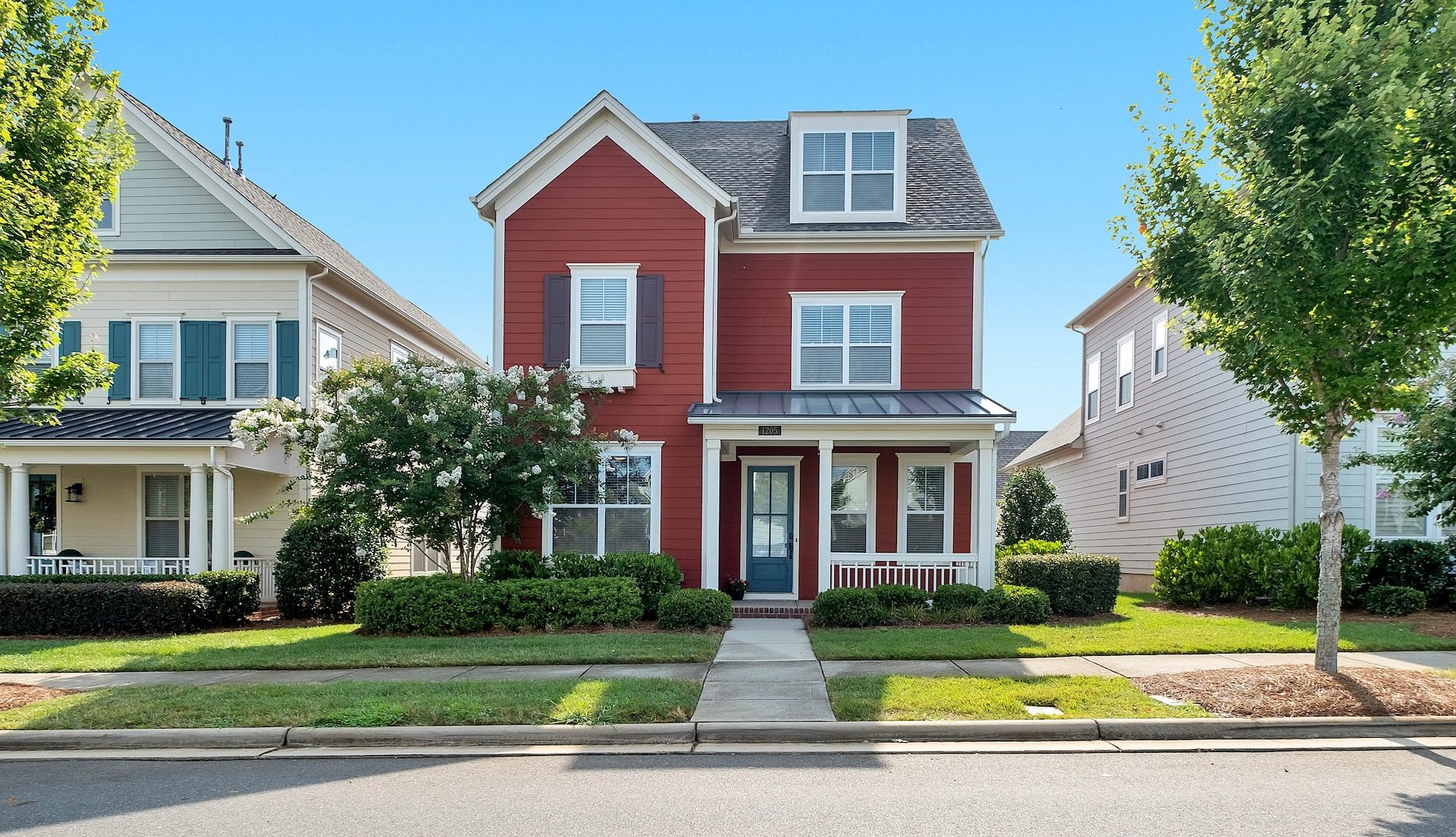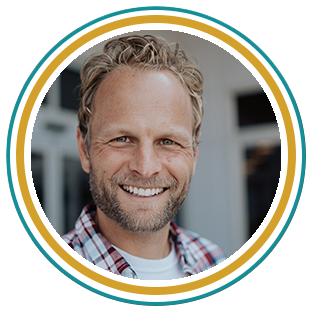There is a threshold we are daily called to—a renouncing of honor and power and prestige on the world’s terms, a renouncing of what spiritual writer Fr. Ronald Rolheiser calls the “pleasure principle” as the guiding factor of our lives,17 and a renouncing indeed of this entire visible world as the final good of our lives. We become like the heroes of faith in Hebrews 11:
All these people were still living by faith when they died. They did not receive the things promised; they only saw them and welcomed them from a distance, admitting that they were foreigners and strangers on earth. People who say such things show that they are looking for a country of their own. If they had been thinking of the country they had left, they would have had opportunity to return. Instead, they were longing for a better country—a heavenly one. Therefore God is not ashamed to be called their God, for he has prepared a city for them. – Hebrews 11:13-
The Paradox
But there’s a paradox we need to understand about the heroes of faith in Hebrews 11: By renouncing the world—admitting that they were foreigners and strangers, by declaring that this world was not their own and letting go of their past—they changed the world. Abraham couldn’t be a blessing to the world unless he first left his family. Moses couldn’t deliver the people from their oppression unless he first threw off the trappings of Egyptian power. Rahab couldn’t welcome the spies and save her family unless she renounced Jericho in her heart. These people were a transformative presence in the world precisely because they lived in such a way that they were not captive to or defined by it.
This is precisely what the Desert Fathers and Mothers are trying to teach us. “A brother asked Abba Poemen, ‘How should I behave in the place where I live?’ The old man said, ‘Have the mentality of an exile in the place where you live . . . and you will have peace.’”18 As Amma Sarah powerfully put it, “I put out my foot to ascend the ladder, and I place death before my eyes before going up it.”
We might do even better to quote the apostle Paul: “May I never boast except in the cross of our Lord Jesus Christ, through which the world has been crucified to me, and I to the world”—the very crucifixion by which we are raised up into the new creation (Galatians 6:14-15). Only a people who have and are continually identifying themselves with the cross of Christ can really live for the love of God and others. Only the dead are free—and if we are baptized, then we are dead—to power, to reputation, to status, to things. The challenge is to claim it, daily, and to live into it.
The matter is of immense practical importance for our spirituality. I’ll give you an example. An elderly woman in our congregation regularly gives large financial gifts to the church—in the tens of thousands of dollars. Each time she does so, she makes it clear that she wants the money used for the care of the widows, the orphans, the fatherless—the vulnerable of any and every kind in our congregation.
Surely, you think, this woman must be a wealthy heiress of some kind, casually writing checks to the causes and charities of her choosing while living on a vast estate, right?
Not so. The address in the upper left-hand corner of the checks isn’t for some mansion but for an apartment complex. She’s renounced all the usual trappings that come from wealth so that she can love those less fortunate than herself. Because this woman is not a slave to her money, because she has renounced it, died to it, she can be generous with it. And that is exactly what the desert tradition of renunciation is pointing us toward. When we’re not slaves to things, we can be free for God and others. Love becomes the guiding principle of our lives.
Embracing the Great Renunciation
I suspect that many of the great debates and antagonisms raging in the church today happen because we’ve failed to really embrace our identity as those who have and are daily called to the Great Renunciation. When I see how many Christians engage in questions of society, politics, race, gender, or theology, I find myself thinking, Is this fear masquerading as righteous indignation? Altogether too often our strenuous positions are but a thin veneer to cover our anxiety that the world is changing and that those things that once gave us a sense of security are being threatened. We’re clinging tightly to something that gives us a sense of security and we will not, cannot, let it g o— for fear that if we do, all will be lost.
The Desert Fathers and Mothers would tell us that, in anxiously trying to preserve our place, we prove we haven’t renounced the world. Jesus would say that in trying to save our lives, we are bound to lose them (Matthew 16:25).
But the deeper we die to the world, the more freedom, courage, power, and love we will experience to engage those issues, and more, in ways that are genuinely helpful. When we lose our lives, we’ll find them.




I’ve just read an excerpt from Streams in the Wasteland. I have never heard of Desert Fathers and Mothers, and I am very intrigued. I absolutely believe that we should give with open hands and hearts. Our lives are meant to be lived for God, and others, to be shared with anyone with whom God puts us in contact. I am definitely looking forward to reading the entire book. Thank you for following the leading of God and writing your book.
Carol Gladney